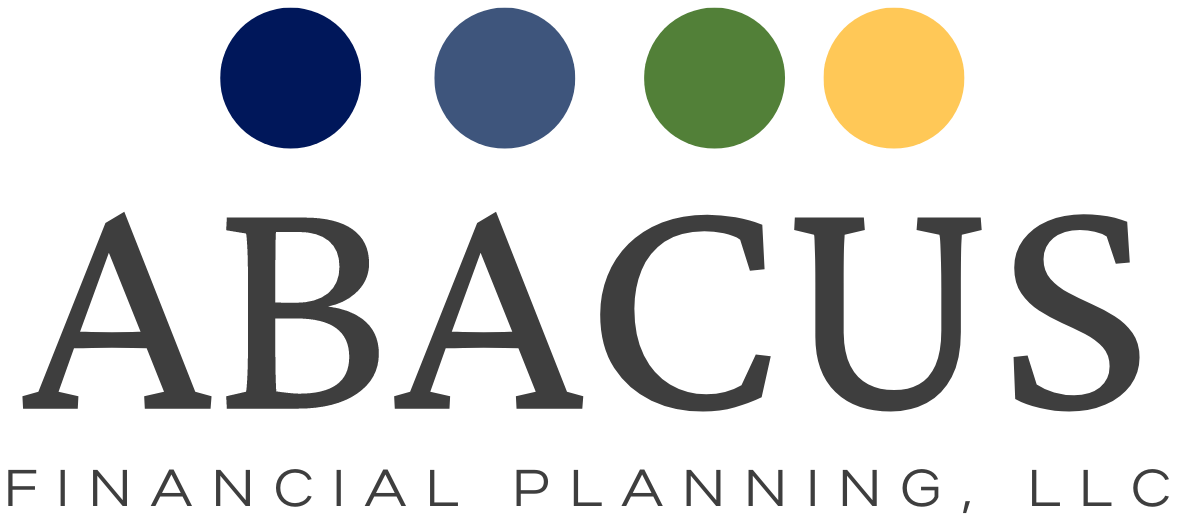RMD refers to the Required Minimum Distribution from a qualified retirement account. “Qualified” means that the retirement plan follows IRS rules.
Required: The distribution is required by the IRS because, essentially, it’s time to start paying taxes on those earnings. There are steep tax penalties if the RMD is not taken.
Minimum: Using life expectancy tables, the IRS sets a minimum percentage starting at under 4% of the portfolio and increasing from there. For retirees in their early 80s, the RMD is around 5%; in their mid-90s, it is around 10%.
Distribution: The distribution is a mandatory withdrawal starting when you turn 73 (or 75 if you were born 1960 or later) and every year thereafter. The IRS does not dictate what you do with the proceeds—only that it is now time to pay taxes as you take annual distributions.
A financial plan takes into account your individual needs so that RMDs can be put to best use.
For a retiree, we can look at how the RMD compares with expenses. For some people, the RMD could be earmarked for travel or hobbies. For someone else, it could supplement Social Security for household expenses. Someone else might use it for charitable giving to manage tax brackets or to support a grandchild’s education.
For someone decades away from retirement, a hidden question is if RMDs may result in too much income, increasing taxes in retirement. Diligent savers often wonder if they should make contributions to a traditional IRA or a Roth IRA. For a traditional IRA, you (generally) do not pay taxes on the money when you put it in the account, and then withdrawals (and RMDs) will be taxed. With a Roth IRA, you do pay taxes on the money when it’s contributed, and then withdrawals are not taxed.
We help clients think through their money today – is there capacity to contribute to a Roth account? Or could the tax savings of a traditional account be used to support life today? There are many unknowns when planning for retirement, especially what congress will do with the tax code. Given what we know now about the tax code, what might your tax brackets look like in retirement?
RMDs are one piece of the retirement picture – whether withdrawing money in retirement or saving and investing while working.
The fine print: There are a lot of RMD rules that I would feel remiss if I did not mention. The details can be different in each situation, and it’s important to learn the specific tax rules for your situation.
- The deadline for the first RMD is different from the deadline for later RMDs.
- If a spouse is 10+ years younger, RMD calculations have a slightly different formula.
- An inherited IRA has different rules from a contributory or rollover IRA.
- Rules are different for traditional and Roth accounts.
- IRAs and 401(k)s have some of the same rules and also different rules.
- Continuing employment (past retirement) may change RMDs for some retirement accounts.
Photo by The New York Public Library on Unsplash
The information on this site is not intended as tax, accounting or legal advice, as an offer or solicitation of an offer to buy or sell, or as an endorsement of any company, security, fund, or other securities or non-securities offering. The information on this site should not be relied upon for purposes of transacting in securities or other investment vehicles. The information on this site is provided “AS IS” and without warranties of any kind either express or implied. To the fullest extent permissible pursuant to applicable laws, Big Red Abacus, LLC dba Abacus Financial Planning disclaims all warranties, express or implied, including, but not limited to: implied warranties of merchantability, non-infringement, and suitability for a particular purpose. The information contained herein has been obtained from sources believed to be reliable, but the accuracy of the information cannot be guaranteed. AFP does not warrant that the information will be free from error. Your use of the information is at your sole risk. Under no circumstances shall AFP be liable for any direct, indirect, special or consequential damages that result from the use of, or the inability to use, the information provided on this site, even if AFP or an AFP authorized representative has been advised of the possibility of such damages. Information contained on this site should not be considered a solicitation to buy, an offer to sell, or a recommendation of any security in any jurisdiction where such offer, solicitation, or recommendation would be unlawful or unauthorized. The information being provided is strictly as a courtesy/convenience. When you link to any of the websites provided here, you are leaving this website. We make no representation as to the completeness or accuracy of information provided at these websites. Abacus Financial Planning is not liable for any direct or indirect technical or system issues or any consequences arising out of your access to or your use of third-party technology, websites, information and programs made available through this website. When you access one of these websites, you are leaving our website and assume total responsibility and risk for use of the websites you are visiting. Abacus Financial Planning does not make any representations or warranties as to the accuracy, timeliness, suitability, completeness, or relevance of any information prepared by any unaffiliated third party, whether linked to Abacus Financial Planning’s website or incorporated herein, and takes no responsibility thereof.






